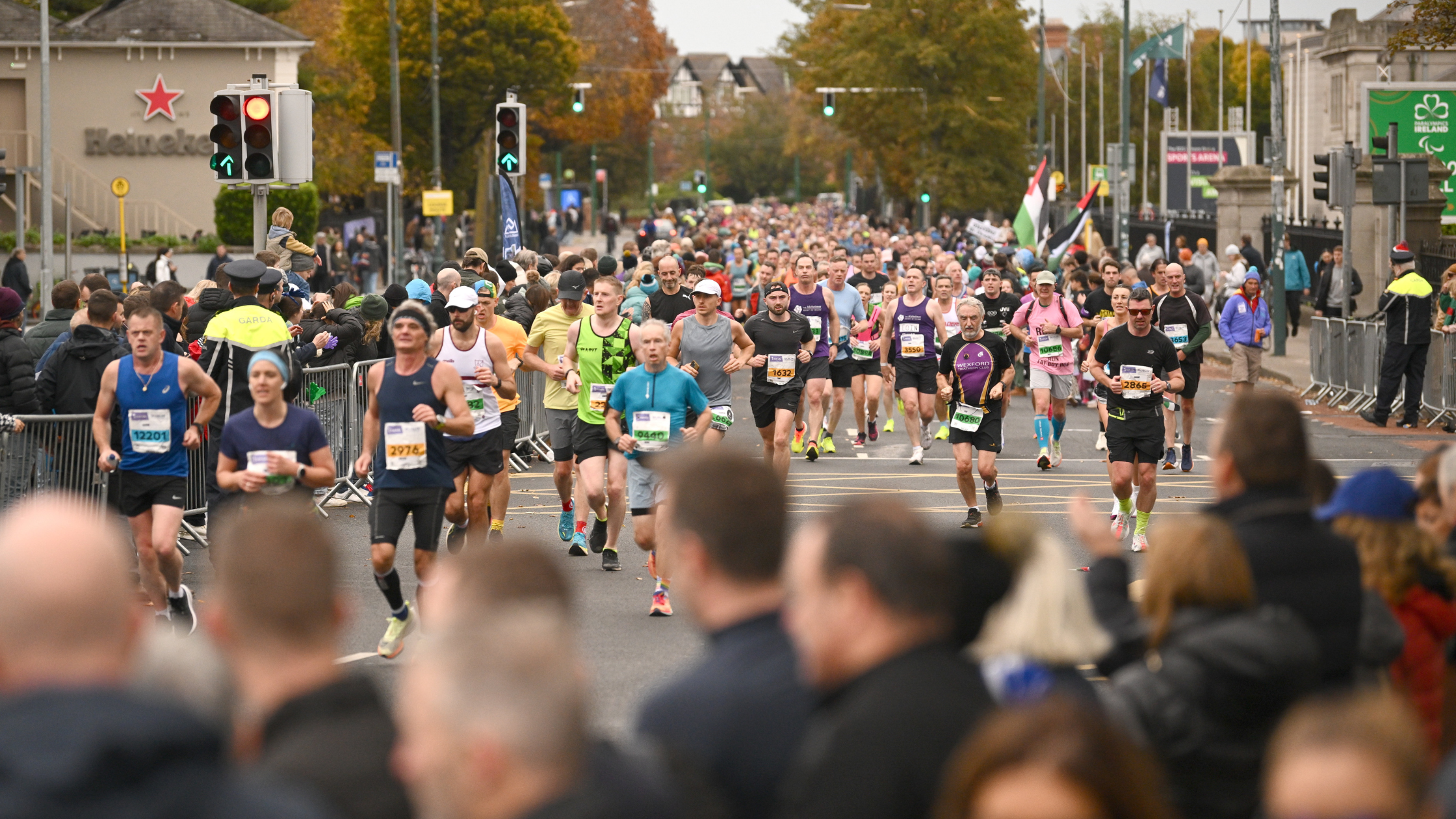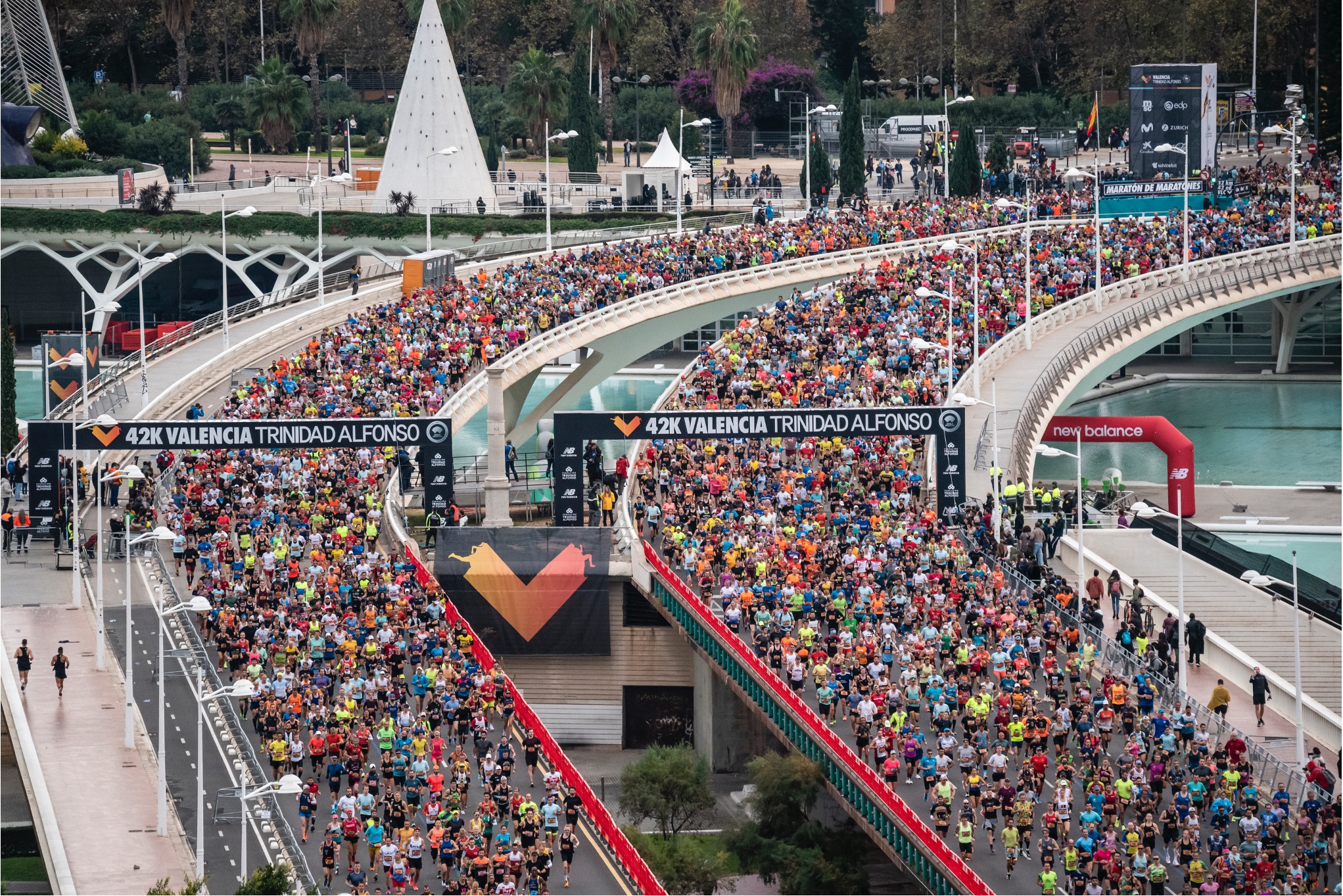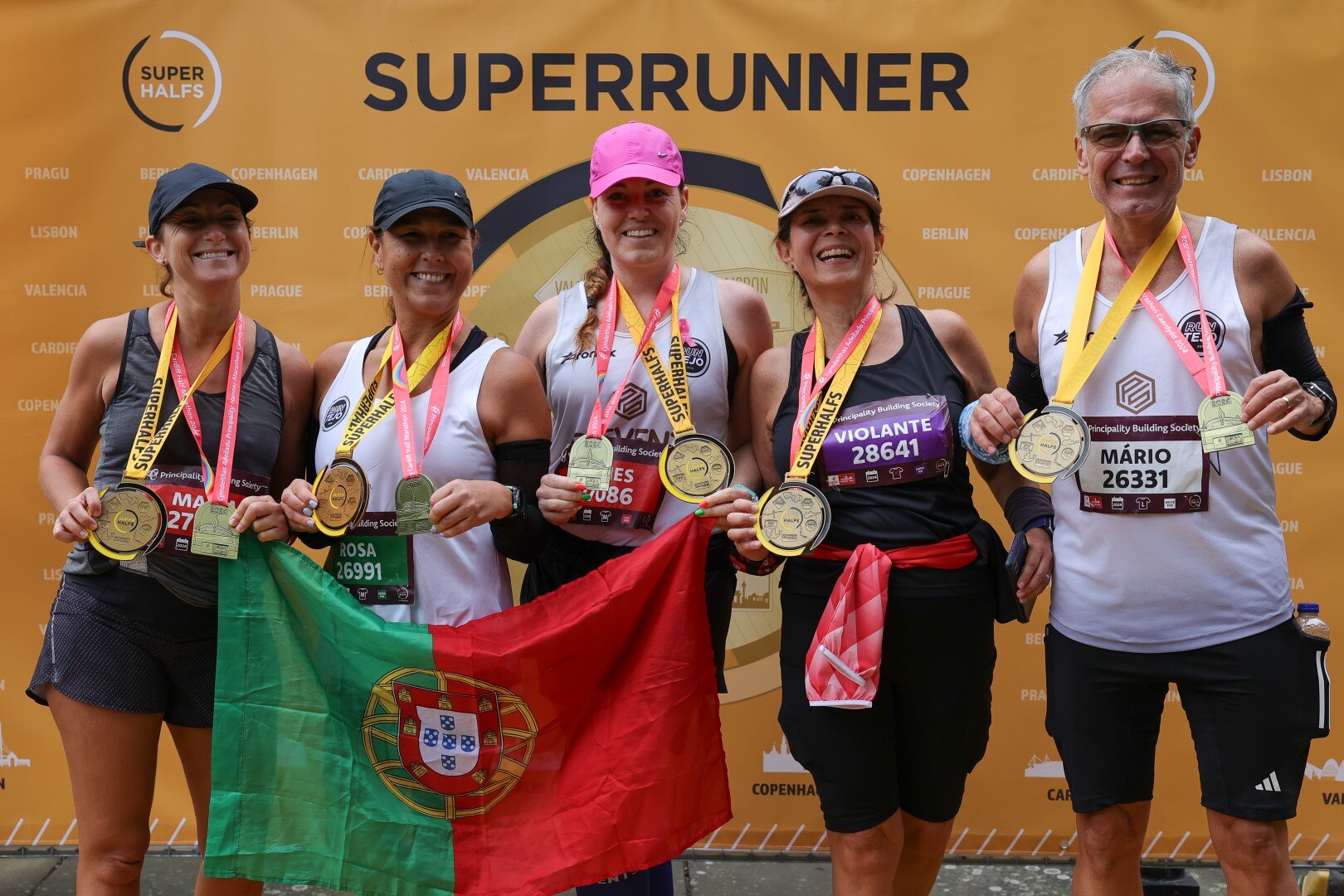You’ve set yourself the challenge of a multi-stage/multi-day running event but how an earth do you prepare for one? Check out the realbuzz masterclass to multi racing.
Train for the demands of the event
This sounds obvious but you’d be amazed at the amount of runners who rock up at the start line under-prepared for the challenge ahead. If your event is multi-stage or multi-day then you need to prepare your body and your mind accordingly.
It may be necessary to go against textbook training methods and to regularly schedule two harder training sessions in a day if you are doing a multi-stage event, or some harder training sessions or runs on consecutive days if you are doing a multi-day event. This is to practise pushing your body and mind when fatigued. Just be sure to schedule some easy recovery days after so that you don’t risk injury or illness.
Get kitted out
If you’re targeting a multi-stage or multi-day event then it’s definitely wise to think ahead as to what kit you might need and to plan for all eventualities. The kit you’ll need will largely depend on the terrain, the climate and the time of day that you are racing but you might want to consider taking spare shoes and socks, Vaseline (to prevent unwanted chaffing), a waterproof jacket, sunglasses, a head torch, a hydration belt or hydration pack, plus energy bars or gels for example.
Do your homework
The route and the profile or topography of the course will definitely impact on your racing tactics and pacing strategy so it pays to do your homework and to do some research beforehand. The race website is a good place to start but you may even need to do a course recce. There are even some races that aren’t particularly well marked or marshalled so it’s up to you to make sure you know the route!
Nail your recovery strategies
If you’re asking your body to run hard or a long way, with little rest in-between then you need a strong, tried and tested recovery strategy. This will probably mean getting organised and planning ahead.
As soon as you finish a stage your highest priority in terms of recovery is to rehydrate, replenish your muscle glycogen stores and to kick-start muscle repair. The window immediately post-exercise is when your body is most able to absorb nutrients which are critical for the body to repair and regenerate itself. Aim to consume a snack containing a blend of carbohydrate and between 10 and 20g of protein within 30 minutes of finishing and then a proper meal within 2 hours (if that’s possible!) If your stomach is feeling delicate and you can’t face food immediately after the stage then try a recovery shake instead.
You might also want to consider using some compression gear and the dreaded ice bath to help further speed up recovery.
Spread your effort
Multi-stage or multi-day events require you to be even smarter with your pacing strategy than usual. The shrewdest runners are those who spread their effort over the duration of the event. Approaching the event in this way means that you will use energy most economically and will increase the likelihood of delivering a strong performance. You’ll probably find that you feel pretty good on the first stage thanks to a taper , being fuelled up and some race-day adrenaline, however try to resist the temptation to really push on as you could pay for it later!
Picture credit - Editorial credit: Klemen K. Misic / Shutterstock.com















